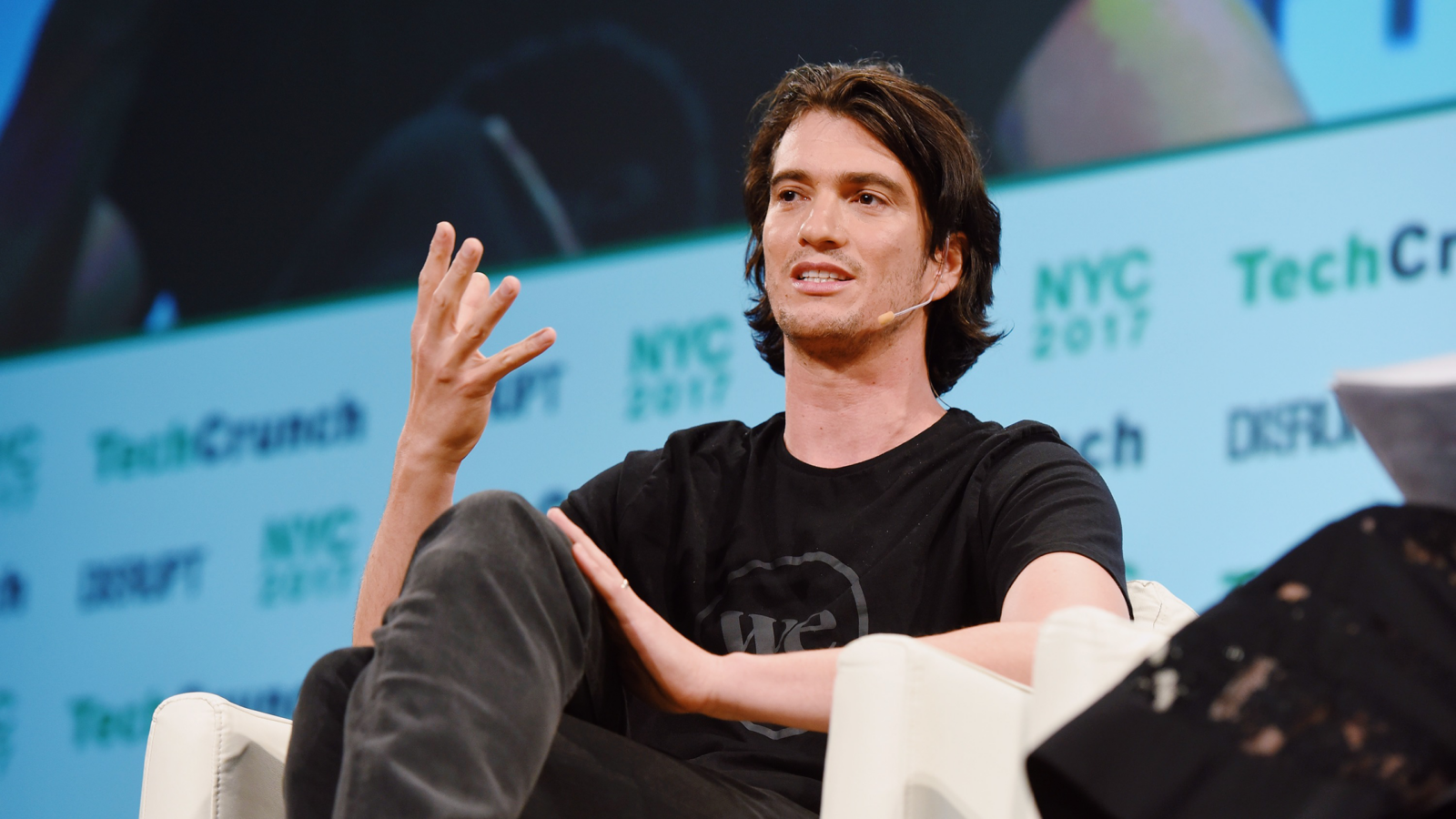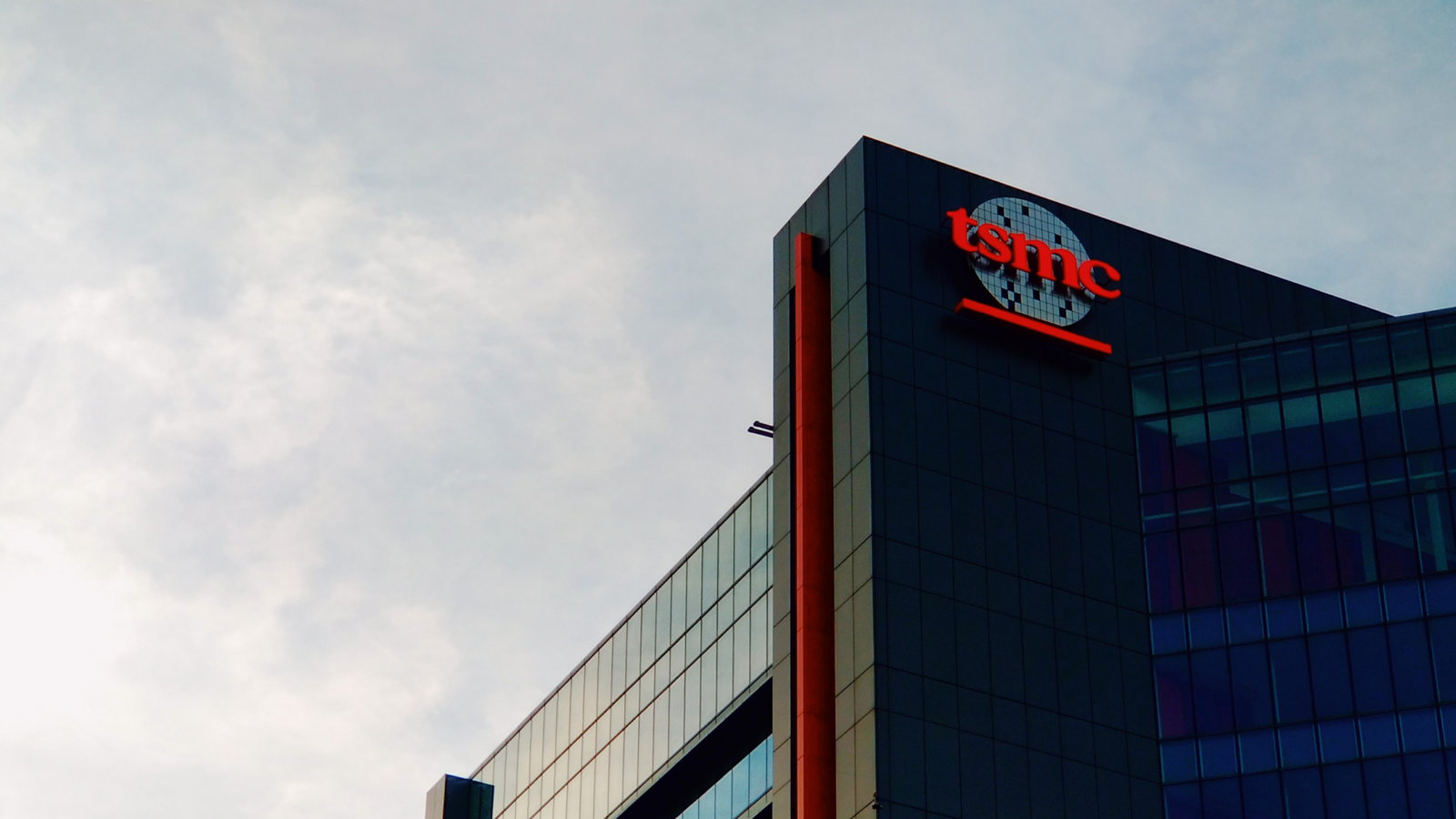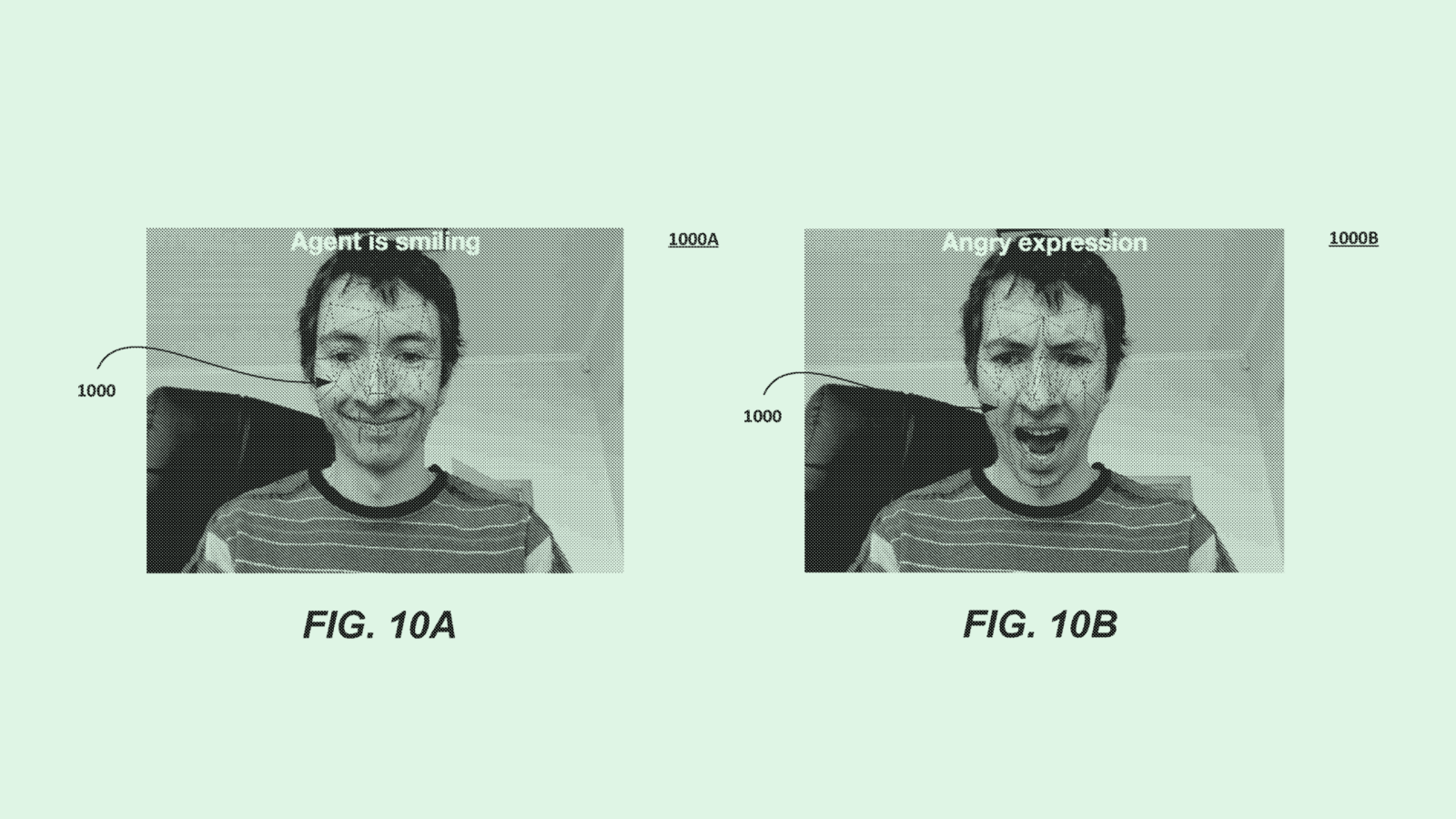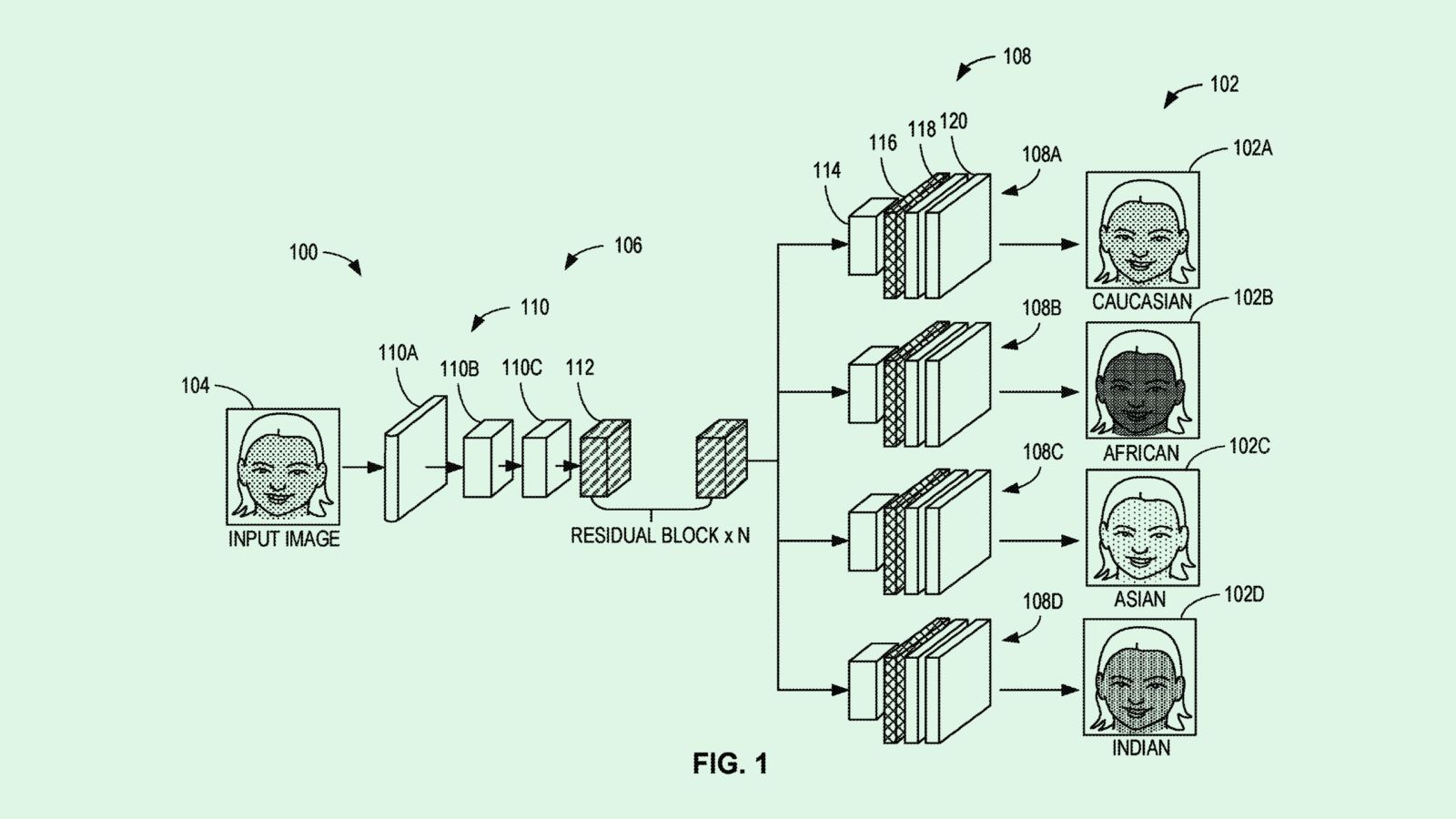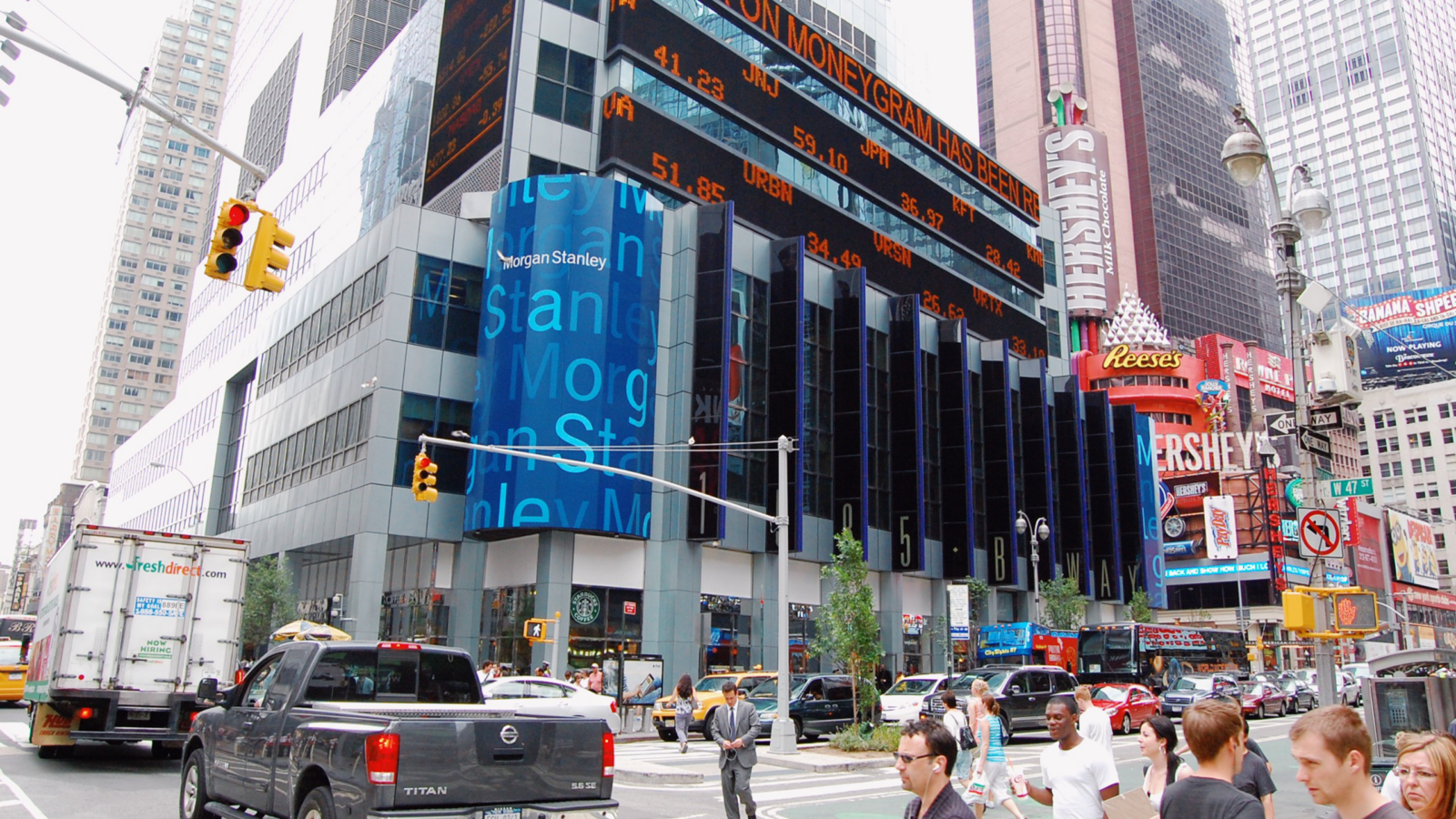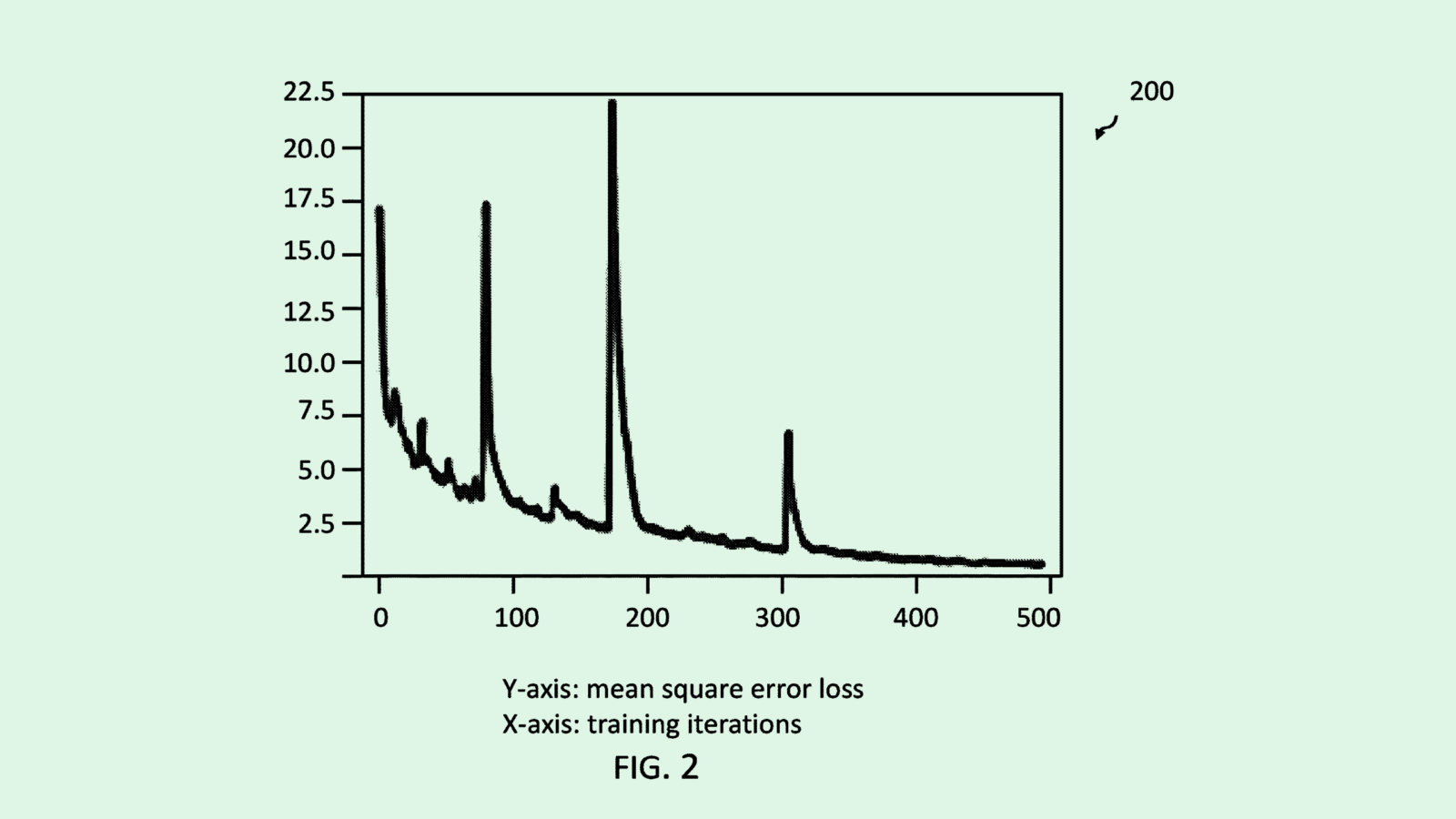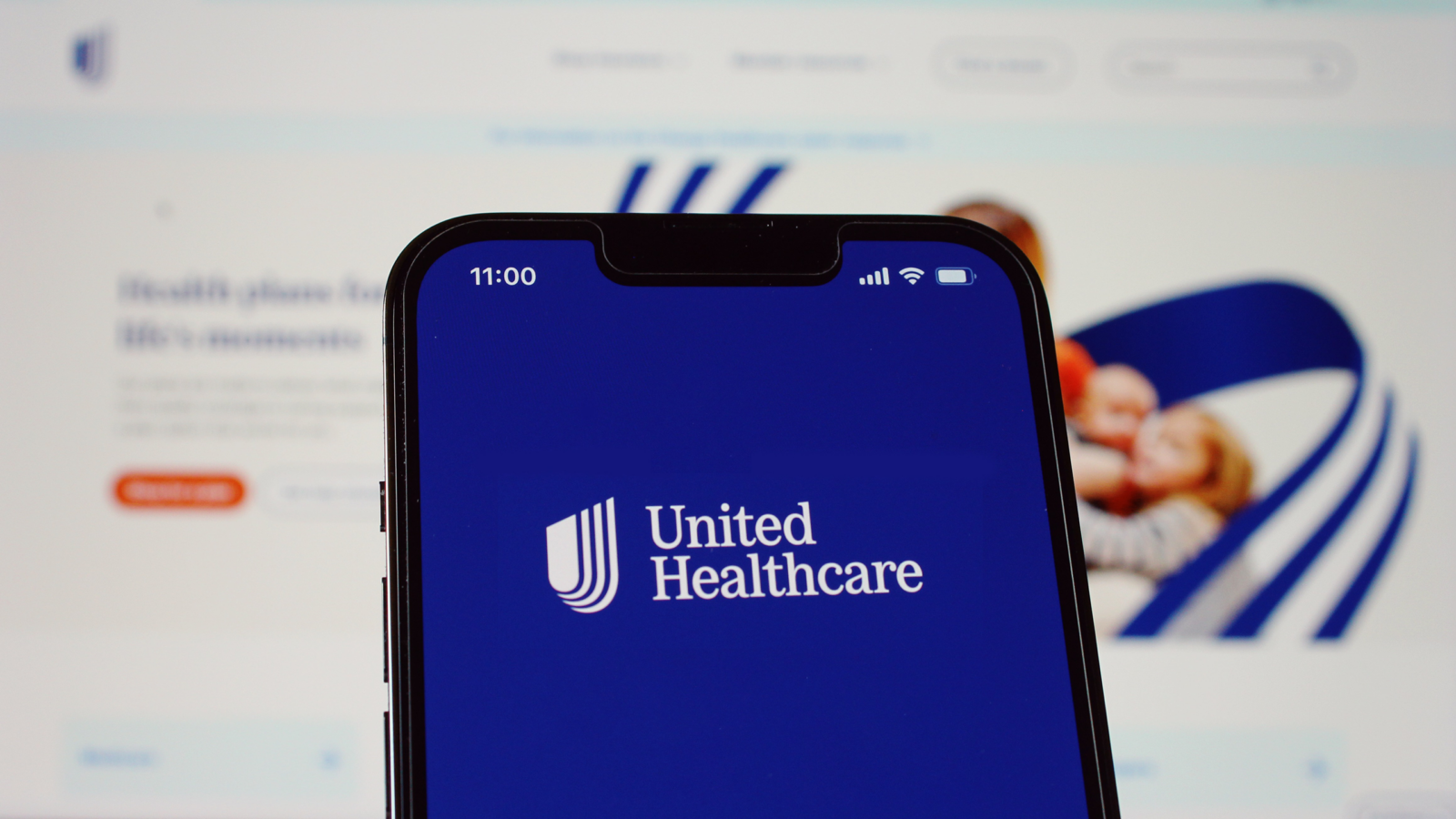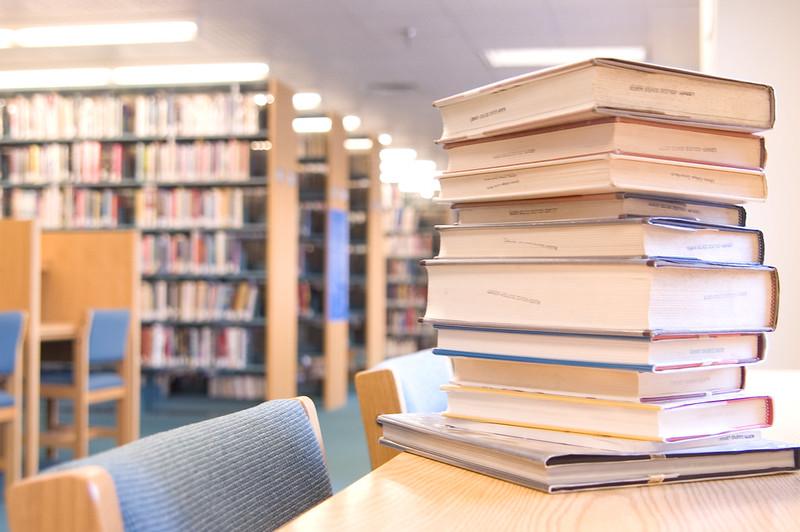
Sign up for smart news, insights, and analysis on the biggest financial stories of the day.
A library by any other name would still be a place to borrow and read books, right?
Not so simple. Four publishing giants including Penguin Randomhouse and HarperCollins filed a lawsuit three years ago against a nonprofit called the Internet Archive over its freely accessible online collection of books. A judge will hear the publishers’ pleas on Monday, and the outcome could have huge ramifications for copyright law.
Throwing The Book At ‘Em
The Internet Archive operates a giant digital library called The Open Library which consists of over 20 million books that have been scanned and uploaded page by page. It loans these scans to users one at a time in a practice called Controlled Digital Lending (CDL).
This contrasts with the approach most physical libraries take to digital lending. Libraries often strike a licensing deal with publishers to lend e-books. So here’s the big question: is scanning a physical copy of a book the same thing as an e-book, and should it follow the same rules?
The publishing giants filed the lawsuit in 2020 when, in response to the onset of the pandemic, The Open Library temporarily waived its cap on how many people could borrow a book at once. Now, however, the publishers are keen to prove a larger point about CDL:
- The publishers argue the CDL model cheats authors and publishers out of their rightful dues. “If this conduct is normalized, there would be no point to the Copyright Act,” Maria Pallante, chief executive of the Association of American Publishers, told The Wall Street Journal.
- The Internet Archive’s rebuttal is that CDL more closely mirrors how libraries lend out actual paper books than the licensing model that has become the industry standard for e-books.
“Plaintiffs would like to force libraries and their patrons into a world in which books can only be accessed, never owned, and in which availability is subject to the rightsholders’ whim,” the nonprofit argued in legal documents, per The Nation.
Contrarian Librarians: A group of eight current and former university librarians wrote a column vigorously defending The Internet Archive in Inside Higher Ed. They argue a victory for the publishers would “jeopardize the future development of digital libraries nationwide.” Our advice? Never mess with librarians, they know way too much…

